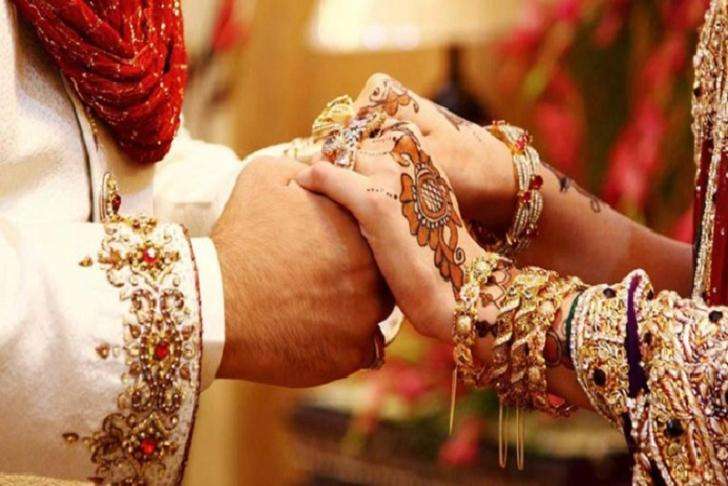The way a woman's biological family responds when she reaches out to them as her primary support system in an attempt to leave an abusive relationship can have a significant impact on her chances of success.This is not exclusive to Australian-born Bangladeshi migrant women. Tanzanian research on intimate partner abuse revealed that although the biological family of the women were ready to help, they actively pushed the women to stay in abusive marriages.
The natal family of abused women may push the victims to remain in the abusive relationships in order to avoid social shame and to preserve family honor, which would only increase their suffering, rather than offering them safety or support.
Sons are seen as the parents' future providers and caregivers, whereas daughters are typically seen as social and financial burdens in Bangladeshi households, both at home and abroad. The lives of immigrant Bangladeshi women in Australia are significantly impacted by this racism.
The urgency to relieve the liability of daughters compels such haste that often the groom’s family is not thoroughly vetted, out of fear that any inquiry might offend them. Many participants in my research recounted that once a marriage proposal was received from Bangladeshi man living in Australia, the girls were hurriedly married off within two days to one week for perceived economic benefits without considering compatibility, potentially leading them to be more vulnerable to spousal family and financial abuse. In instances where such abuse occurs, the women’s natal families often refuse to offer support or allow them to return.
A study on Muslim migrant women in Australia presented similar findings where victims felt that religion had a detrimental effect on their ability to get assistance. Other research identified certain religious beliefs as barriers to the reporting of abuse.
Most participants in my research who experienced abuse and were asked if they had considered leaving the abusive relationship emphasised that once a woman is married, she is not permitted to leave that marriage — whether religiously or culturally. Marriage is characterised as a knot that can never be untied. Although Islam is the only Abrahamic religion that allows divorce, Islamic jurisprudence (fiqh), which was codified around the ninth and tenth centuries, granted men the provision to divorce their wives without cause, while a woman could seek divorce through a court for only four specific reasons. Even then, however, if the court agrees to initiate her divorce, she forfeits all her financial rights. While one of these four reasons — namely, systematic maltreatment — offers limited opportunity for abused women to pursue legal avenues to exit an abusive relationship, the perception of marriage as the ultimate destination for a woman persists within Bangladeshi community.








.svg)


